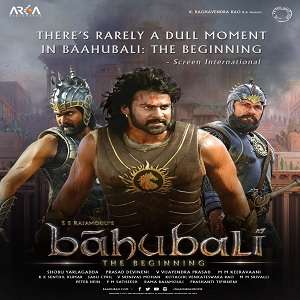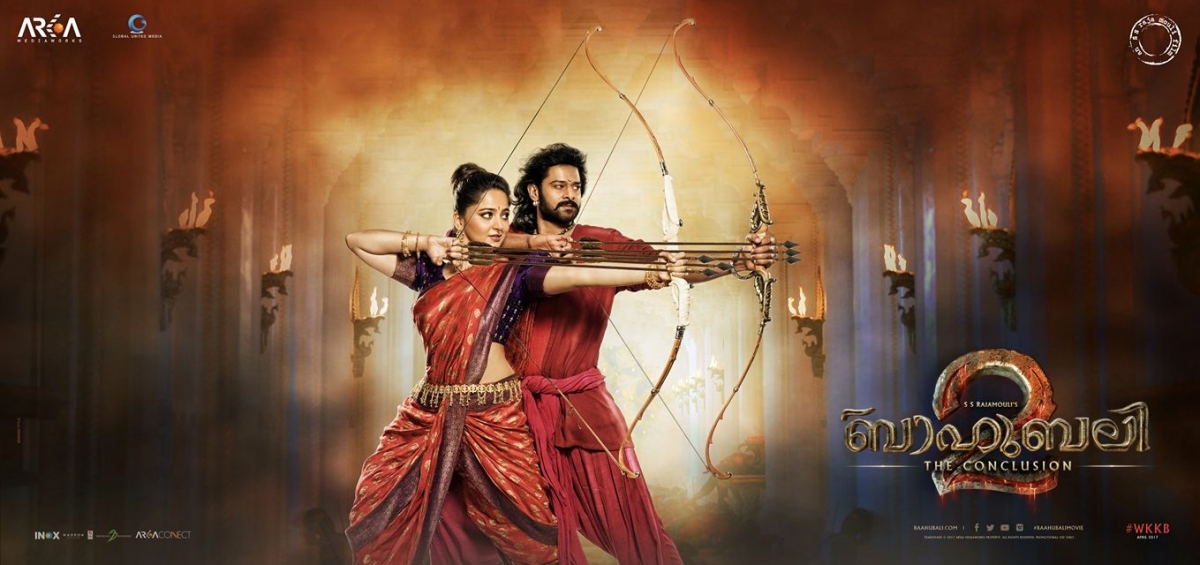

The Fourth World saga crackles with the voltage of Jack Kirby's boundless imagination let loose onto paper." Return of the New Gods (1977) "Kirby's dramas were staged across Jungian vistas of raw symbol and storm . In 2007, comics writer Grant Morrison commented: "Kirby's mix of slang and myth, science fiction and the Bible, made for a heady brew, but the scope of his vision has endured." Comics historian Les Daniels observed in 1995: If those books had been intended from the start to run indefinitely, they would have been done very differently." ĭespite the sales failure of the book, Kirby's work has remained an inspiration for future comics creators. You can spot the issues where Jack kind of gave up trying to advance the story of Darkseid and Orion and was marking time. So Kirby had this novel he was forever stuck in the middle of – he could never get to the last chapter. After Jack's books started getting good sales figures, DC demanded that we keep them going and use guest stars like Deadman, which we were very much against doing. There was no intention that these characters would go on forever. "Folks forget but the New Gods saga was intended to be a limited series. Kirby's production assistant at the time, Mark Evanier, explained: The Apokolips/New Genesis war was left unresolved. New Gods was cancelled with issue #11 (Oct-Nov 1972), and the last issue of Forever People was also #11 (Aug-Sept 1972). "While the story can also be read as a commentary and critique of the Vietnam War (as it's all about the ambiguity and moral costs of war), 'The Pact' is a creation myth in comics form, providing readers deeper context about both the struggle between Apokolips and New Genesis and the great sacrifices that have to be made to create peace in the face of overwhelming destruction." ĭespite the creative strength of Kirby's material, the book's sales slipped steadily after a strong start. Issue #7, "The Pact", sought to explain the backstory of the New Gods. This rhapsodic episode suggests a glorying in, but also a fearful ambivalence about, the blurring of the living and the technological." ".is a pure example of Kirby's technological sublime, at once redemptive and seductive, healing and cataclysmic. Jason Sacks and Keith Dallas say that issue #6, "The Glory Boat", "juxtaposes several of favorite themes: the conflict between generations, the ways that pacifism is forced to confront violence, and, of course, the continuing battle between Apokolips and New Genesis, all drawn in some of the most spectacular art of his career." Charles Hatfield says that the story's conclusion: Kirby fans consider the three-issue arc in New Gods #6-8 to be the peak of Kirby's artistic work. Simultaneously published during this time were the Forever People and Mister Miracle series, also written and drawn by Kirby. The opening sequence alludes to the presence of the "Old Gods" and the "New Gods" (e.g., " There came a time when the Old Gods died."). New Gods #1 marks the first appearance of Orion, Highfather, and Metron, among others. Various New Gods, notably Darkseid, went on to interact with other denizens of the DC Universe. Another "Fourth World" title Mister Miracle was launched in April 1971. The New Gods first appeared in New Gods #1 (Feb.-March 1971) and Forever People #1 (Feb.-March 1971). Kirby began the "Fourth World" in Superman's Pal Jimmy Olsen #133 (Oct. The characters associated with the New Gods are often collectively referred to as " Jack Kirby's Fourth World". The two planets were once part of the same world, a planet called Urgrund ( German for "primeval ground"), but it was split apart millennia ago after the death of the Old Gods during Ragnarök. New Genesis is an idyllic planet filled with unspoiled forests, mountains, and rivers that is ruled by the benevolent Highfather, while Apokolips is a nightmarish, polluted, and ruined dystopia filled with machinery and fire pits that is ruled by the tyrannical Darkseid.


The New Gods are natives of the twin planets of New Genesis and Apokolips. Cover to The New Gods #7 (Feb.–March 1972), featuring "The Pact"Īrt by Jack Kirby and Mike Royer.


 0 kommentar(er)
0 kommentar(er)
